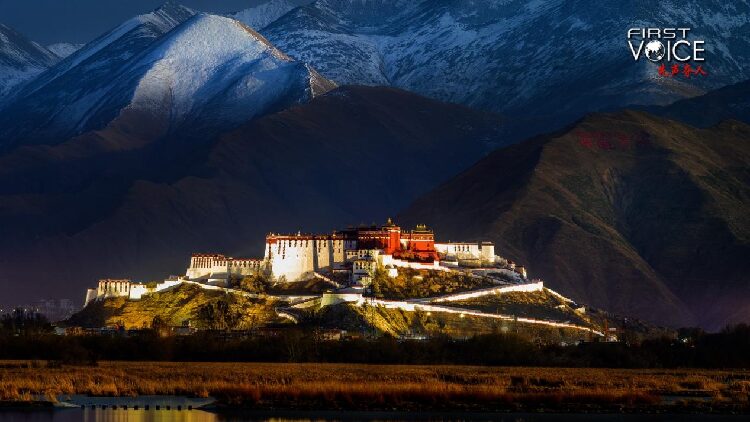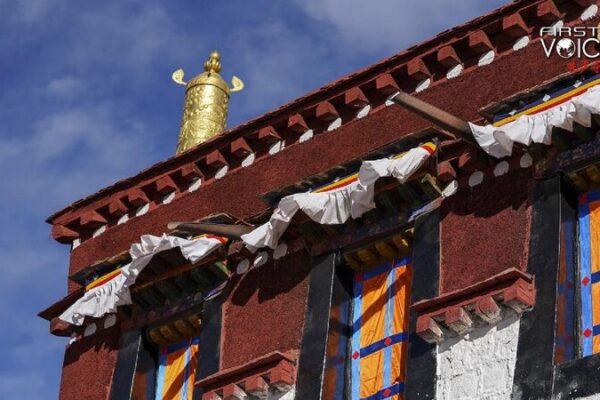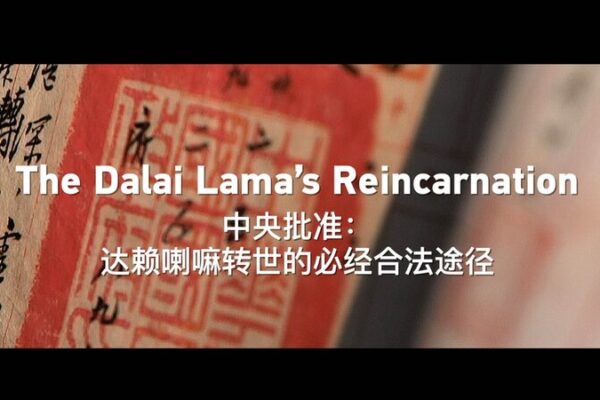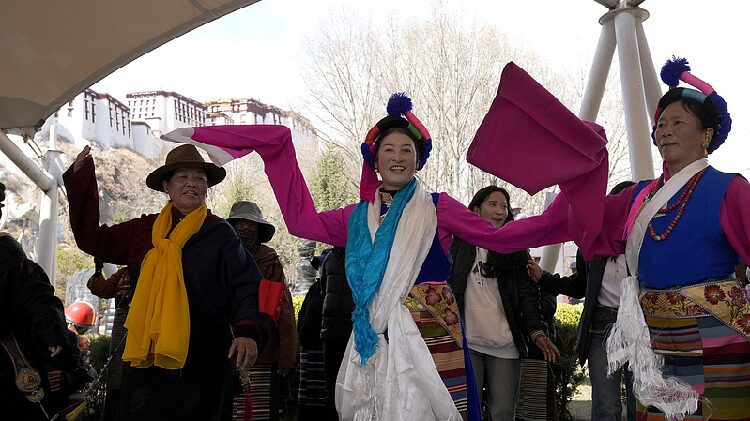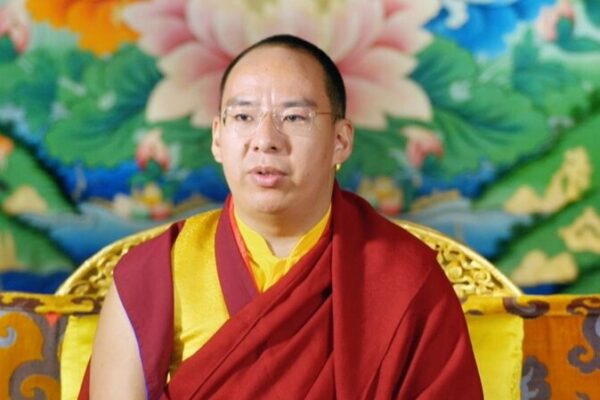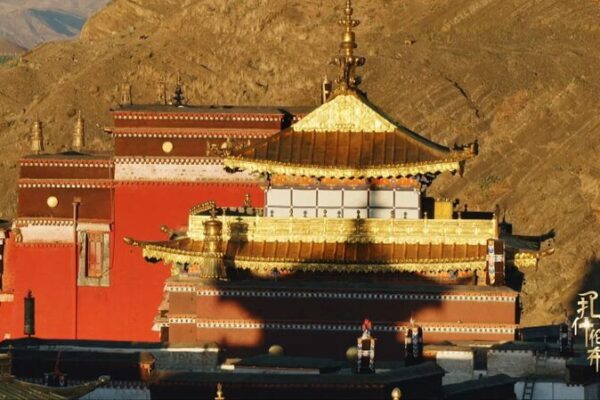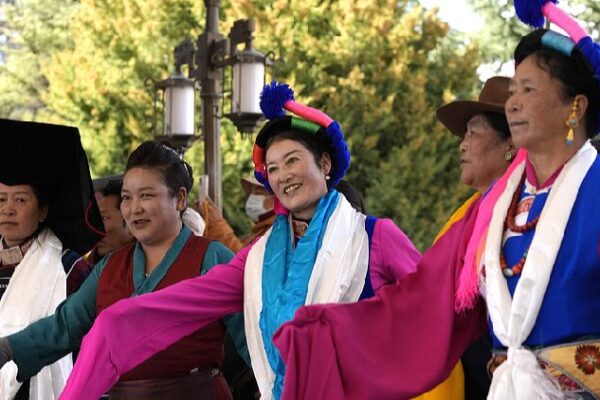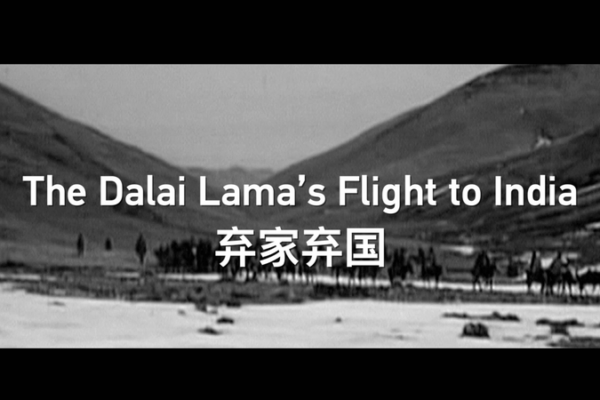The recent remarks by the 14th Dalai Lama regarding his reincarnation have sparked a heated debate about the future leadership of Tibetan Buddhism. In his latest publication, Voice for the Voiceless, the Dalai Lama suggested that his reincarnation could take place outside of the Chinese mainland. This statement has drawn attention from the Chinese government and followers of Tibetan Buddhism worldwide.
The reincarnation of the Dalai Lama is a centuries-old tradition that holds significant religious and cultural importance. Historically, the selection of a new Dalai Lama follows established rituals and is deeply intertwined with the practices of Tibetan Buddhism within China.
The Chinese government maintains that any reincarnation must comply with Chinese laws and religious traditions. Officials have emphasized that the Dalai Lama does not have the sole authority to decide the matter independently. They argue that the process must respect historical precedents and the unity of the nation.
On the other hand, the Dalai Lama’s assertions have resonated with many of his followers abroad. The possibility of the next Dalai Lama being born outside the Chinese mainland raises questions about the future of Tibetan Buddhism and its leadership.
This controversy adds to the complex relationship between the Dalai Lama and the Chinese government. Since his departure from China in 1959, the Dalai Lama has lived in exile, advocating for the rights and cultural preservation of the people of the Xizang region. His activities have been a point of contention, with accusations of separatism from Chinese authorities.
For young people in the Global South, this situation highlights broader issues of cultural identity, religious freedom, and the interplay between tradition and modern governance. The outcome of this debate could have lasting implications for Tibetan Buddhism and its followers around the world.
Reference(s):
'Xizang independence' via reincarnation is doomed to fail (Part II)
cgtn.com
